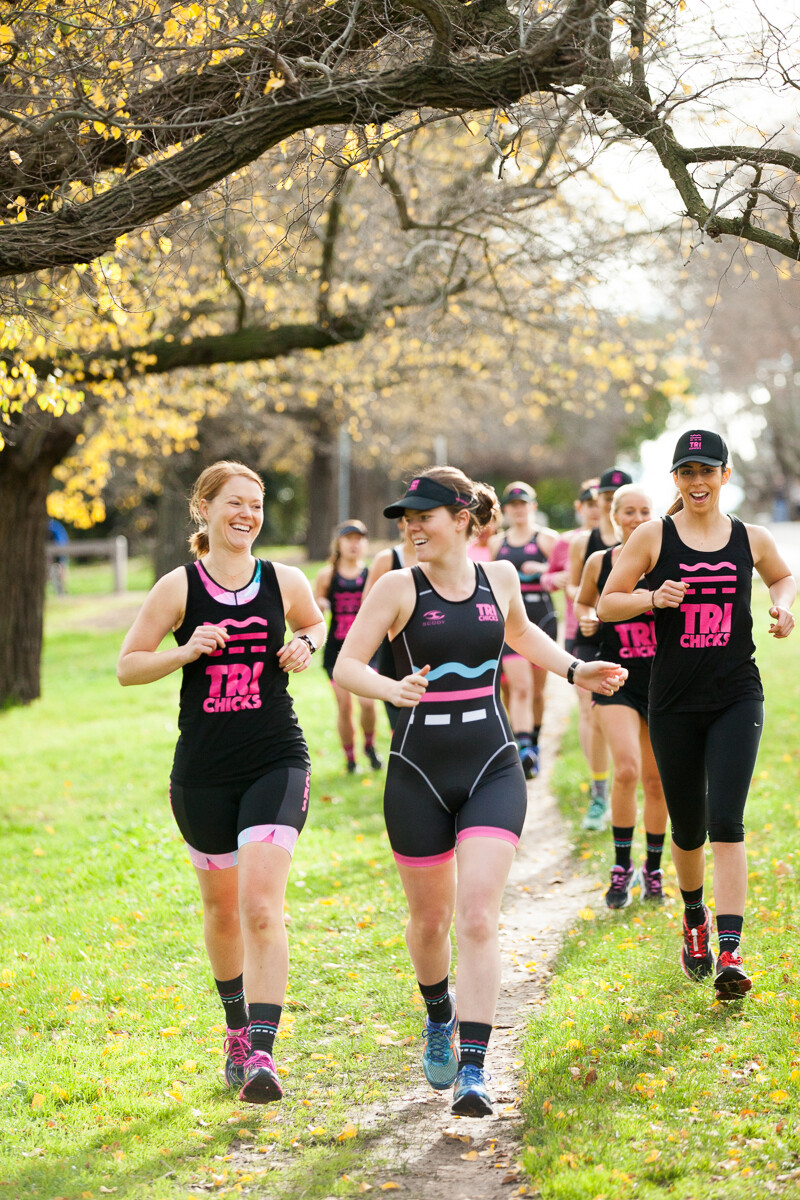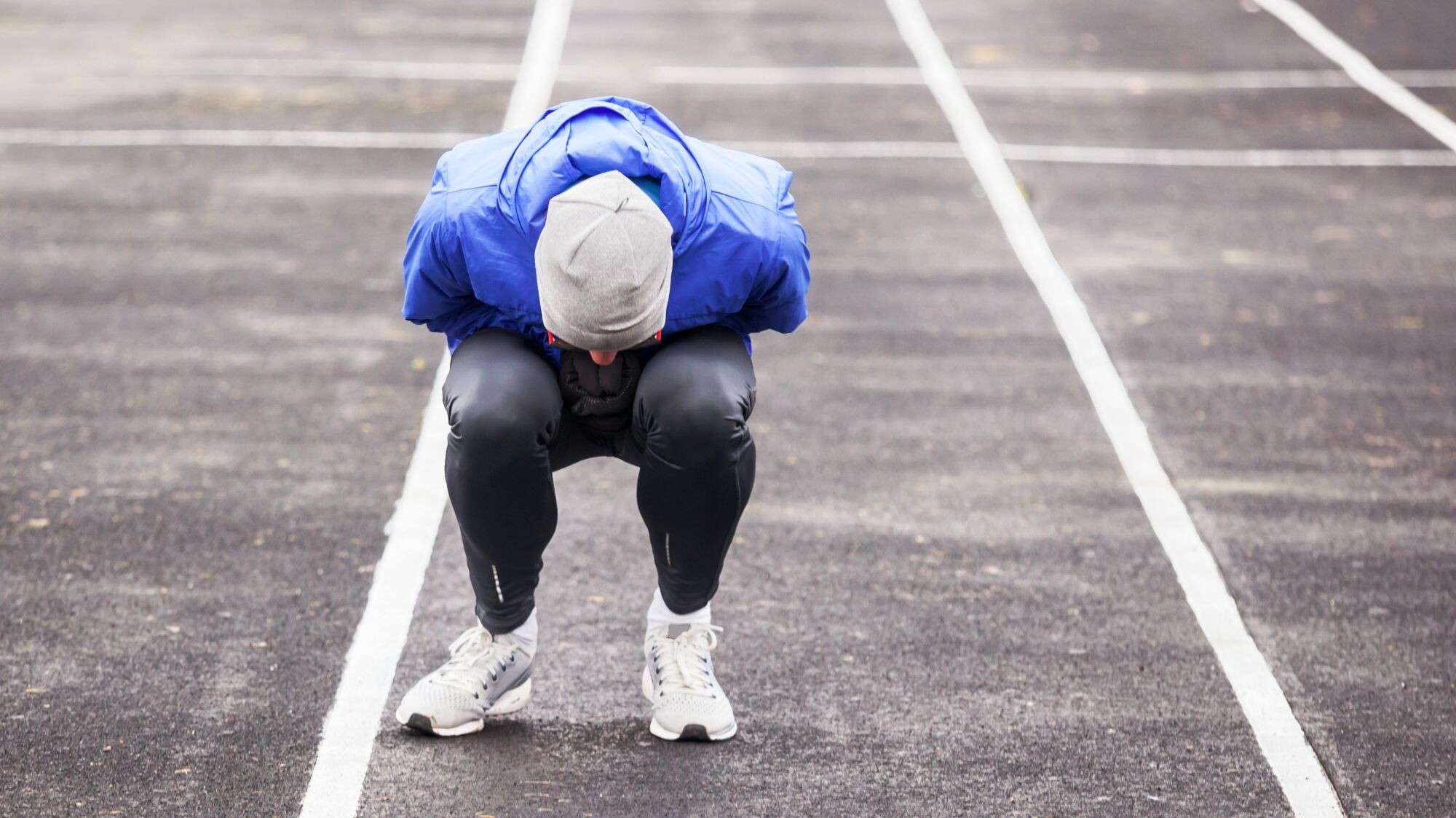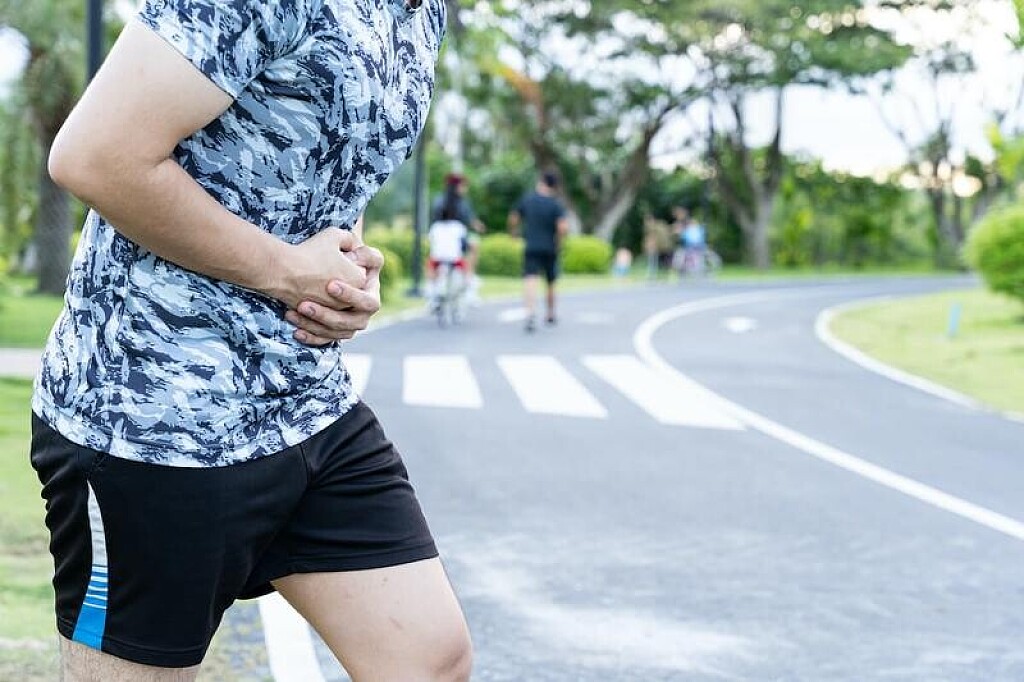Running News Daily
Running News Daily is edited by Bob Anderson. Send your news items to bob@mybestruns.com Advertising opportunities available. Train the Kenyan Way at KATA Kenya and Portugal owned and operated by Bob Anderson. Be sure to catch our movie A Long Run the movie KATA Running Camps and KATA Potato Farms - 31 now open in Kenya! https://kata.ke/
Index to Daily Posts · Sign Up For Updates · Run The World Feed
Five Tips to Avoid the Running Trots
No doubt the best of us have been in this situation and the only thing to do when, ahem, your lunch comes knocking is to start running towards the nearest toilet. Unfortunately, some of us don’t make it and for those of us who do, stopping mid run can be extremely painful. Not only because that new PB you were chasing will be long out of reach but because that feeling of starting to run after sitting or squatting to relieve yourself can be like knives in your calves. So what are these terrible runner’s trots? Why do they happen and how can you prevent them? TriChicks investigates with help from professional triathlete, Accredited Dietitian and nutritionist, and mum of two, Pip Taylor.
What are Runner’s Trots?

Simply put the term ‘Runner’s Trots’ covers any type of gastrointestinal issues or upset (GI). It can range from bloating and gasiness to vomiting, diarrhoea or urgency. However, when the word ‘trots’ is used it refers to issues of bowel movements and needing to make unplanned bathroom stops during or immediately after a workout.
Any type of athlete can be affected however runners experience this issue more commonly that other athletes. Estimates suggest that around 60-90% of runners have experienced GI issues.

Why do they happen?
There are a number of reasons why you could be experiencing GI issues including stress, movement dietary intake and timing of intake, as well as unidentified food intolerances or sensitivities.
Hydration and heat also play a key role says Pip, “When we exercise, especially at a high intensity, blood is diverted away from the gut and towards working muscles and to the skin for more effective cooling. At the same time we have relaxation of the gut muscular tone by way of the sympathetic nervous system. This compromises the functioning of the gut but also rushes the contents through – hence that feeling of bathroom urgency.”
GI issues can occur in any sport for any athlete however runners are more prone to experience this type of discomfort. Running puts a lot of stress on the body not only from the intense vibration and jarring impact on the gut, but from the result of a high heart rate and increased body temperature.
Why does this happen to me?
Frequency of bowel movements varies for each individual and for some GI issues are something they regularly have to deal with while for others it may only be occasional.
“Race day also brings a whole new level of GI incidence and this is due to anxiety and nerves – the gut is affected hugely by stress as anyone knows who has ever experienced ‘butterflies’ or struggled to eat their pre-race breakfast due to nerves. But just because it is common doesn’t mean that you can’t try and figure out why it is occurring and take steps to reduce the likelihood,” says Pip.
How can I avoid them?
While there is no ‘cure’ as such Pip shares five key things you can do to lessen the chance of a mid run pit stop.
1.- Timing – Eating a meal too close or too large before a workout can be difficult for our gut to deal with, especially once blood flow is restricted. Analyse what you are eating pre-run, eat 1-2 hours prior, keep it simple and familiar.
2.- Overdoing concentrated sugars – This is a huge issue for many athletes, especially those worried about fuelling and who are sucking down on gels and washing down with sports drink. This combo will likely be too great a concentration in the gut and actually draw water back in – effectively dehydrating you and also leading to that feeling of ‘gut rot’ and bloating and/or urgency.
3.- Avoid certain foods – Foods rich in fat or fibre can be problematic for some, especially if this is different to what you would normally eat. Other dietary factors include lactose intolerance (and for many this is not an issue generally until you throw in the added stress of running/exercise); fructose malabsorption or intolerance; and sweeteners such as sorbitol or other carbohydrates that can be malabsorbed. Caffeine can also be an issue for some individuals and particularly if they have taken more than usual.
4.- Stay hydrated – Ensure you are hydrated, but not over hydrated as running with a full bladder can increase the urge, while dehydration slows the body’s ability to digest foods.
5.- Set a routine – As always practice makes perfect so adding in a food column in your workout spreadsheet can help you track what works vs what doesn’t work for you. Once you have found the foods which agree with your gut stick to them and don’t try anything new on race day.
by Tri Chicks
Login to leave a comment




